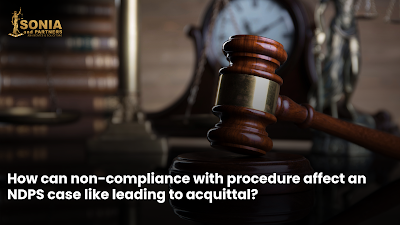An Overview of How To Send and Respond to Legal Notices

Introduction Legal notices are formal communications sent by individuals or their lawyers to other individuals or businesses, informing them that legal action will be taken against them. It works as a warning, offering the other party an opportunity to deal with specific conditions before legal action is taken. Legal notices are a crucial step before filing a lawsuit. They prioritize fairness and due process by checking that all parties involved know the judicial matter at hand. An experienced Lawyer plays an important role in drafting, reviewing, and sending these notices to verify they are legally sound and accurate. When Can You Send a Legal Notice? Legal notices are typically sent in situations involving disputes or breaches of obligations. Some common cases of legal notices include: Property Disputes : Conflicts related to property ownership, transfer, or inheritance. Dishonor of a cheque: When a cheque payment fails without a valid reason. Family Disputes : Issues involv...





